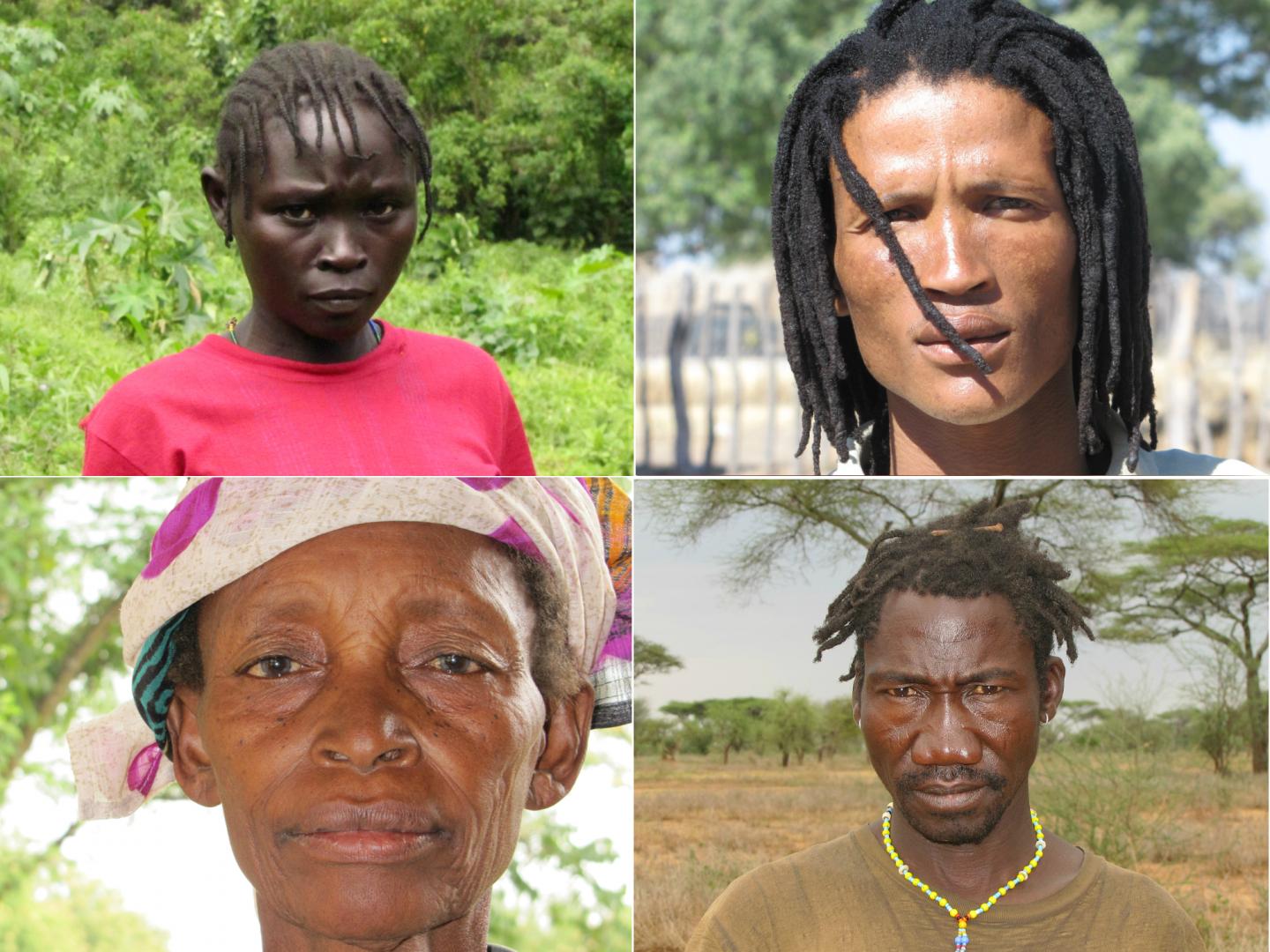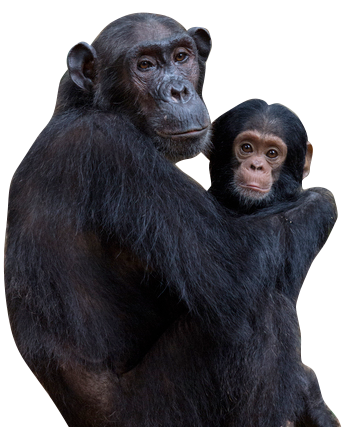A Shared Past for East Africa’s Hunter-Gatherers
Journal Article Languages that involve "clicks" are relatively rare worldwide but are spoken by several groups in Africa. The Khoisan language family includes a handful of these click languages, spoken by hunter-gatherer groups in southern and eastern Africa. But the grouping of these populations into a single language family has been controversial, with some linguists convinced that a few of the languages are too different to be classified together. A genomic study of 50 African populations, funded in part by The Leakey Foundation, adds some clarity to the relationships between these click-speaking groups and many others.


